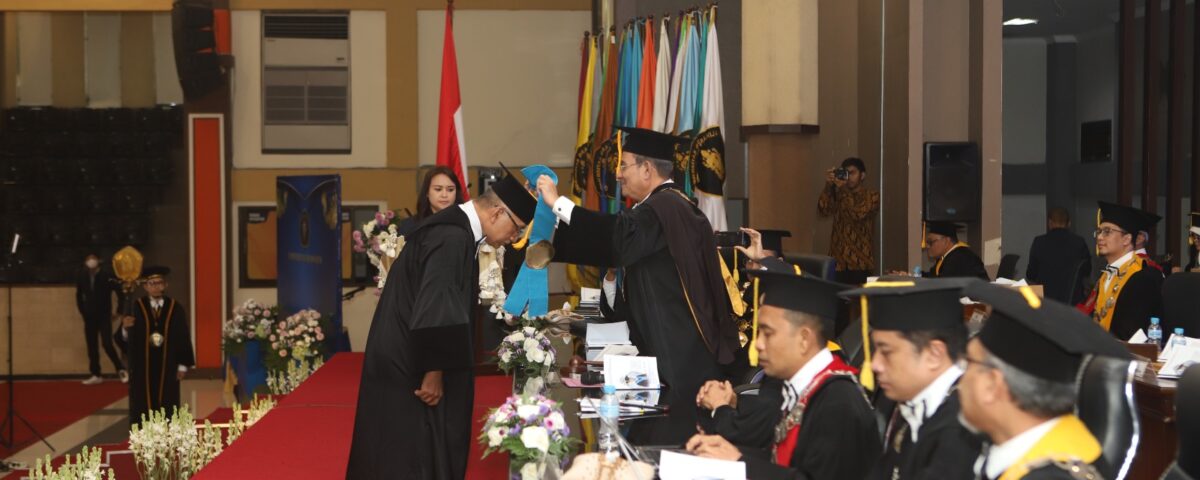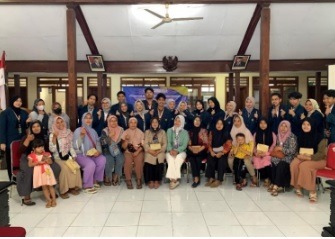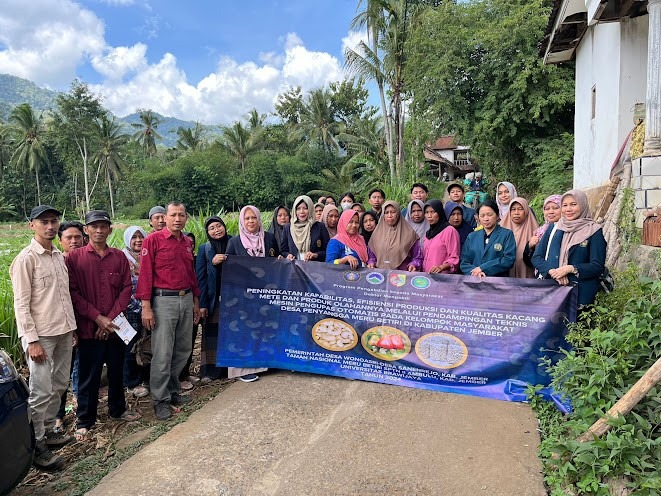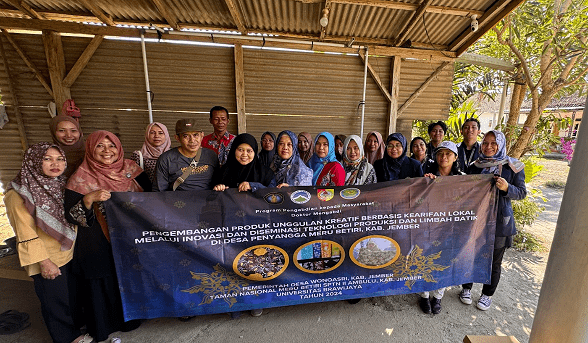Prof. Bambang Susilo officially became Professor of Agricultural Processing Engineering, ultrasonic technology in processing plant oil as biodiesel

Summer Course TIP July 2023
July 24, 2023
Call for Paper : ICGAB 2023
July 26, 2023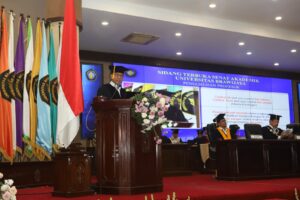 Ultrasonic technology for processing plant oil into Biodiesel, Prof. Dr. Ir. Bambang Susilo, M. Sc.Agr, lecturer of Biosystems Engineering Department, Faculty of Agricultural Technology, Universitas Brawijaya, was officially confirmed as a professor of Agricultural Processing Engineering in the open session of the Academic Senate of Universitas Brawijaya at Samantha Krida building, Sunday (23/07/2023).
Ultrasonic technology for processing plant oil into Biodiesel, Prof. Dr. Ir. Bambang Susilo, M. Sc.Agr, lecturer of Biosystems Engineering Department, Faculty of Agricultural Technology, Universitas Brawijaya, was officially confirmed as a professor of Agricultural Processing Engineering in the open session of the Academic Senate of Universitas Brawijaya at Samantha Krida building, Sunday (23/07/2023).
Biodiesel production generally uses thermal energy input to increase the temperature for the reactants to achieve activation energy. The process of using a mechanical stirrer for mixing raw materials. Some technologies have been developed but are difficult to apply on an industrial scale.
In his research, Prof. Bambang Susilo developed the application of ultrasonic technology, namely waves in which the frequency range above the frequency that can be captured by the human hearing sense, is used to improve the biodiesel production process. This technology was developed from sonochemical technology for the synthesis of various organic particles. The advantage of ultrasonic technology for biodiesel production is that the process is much faster and the conversion of plant oil into biodiesel is higher than conventional methods. This technology allows it to be developed on an industrial scale, used for the extraction of biological oil as raw material for biodiesel and also the extraction of other biological compounds.
He further explained that biodiesel production through trans-esterification process can be done with various technologies. Prospective technology for processing plant oil into biodiesel is ultrasonic technology. The use of ultrasonic trans-esterification reaction is able to convert plant oil into biodiesel up to 100% with a much shorter processing time compared to mechanical stirrer. This is due to cavitation, acoustic flow and hot spots on the reactants.
Prof. Bambang Susilo also expressed his hope that the development of the bioenergy industry in the future, including biodiesel from upstream to downstream, must be integrated and prioritized for rural industrial development because the dominant source of raw materials is in the countryside.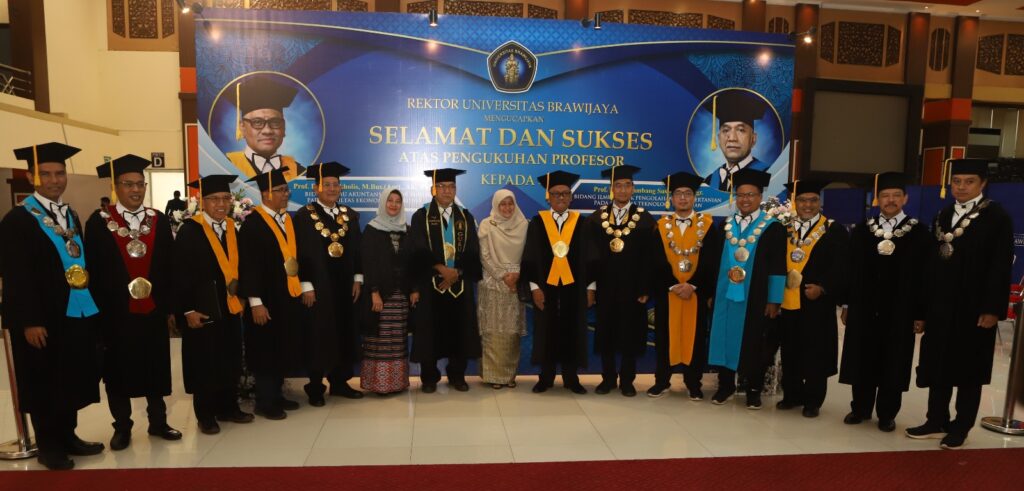
- Category in:
- News

